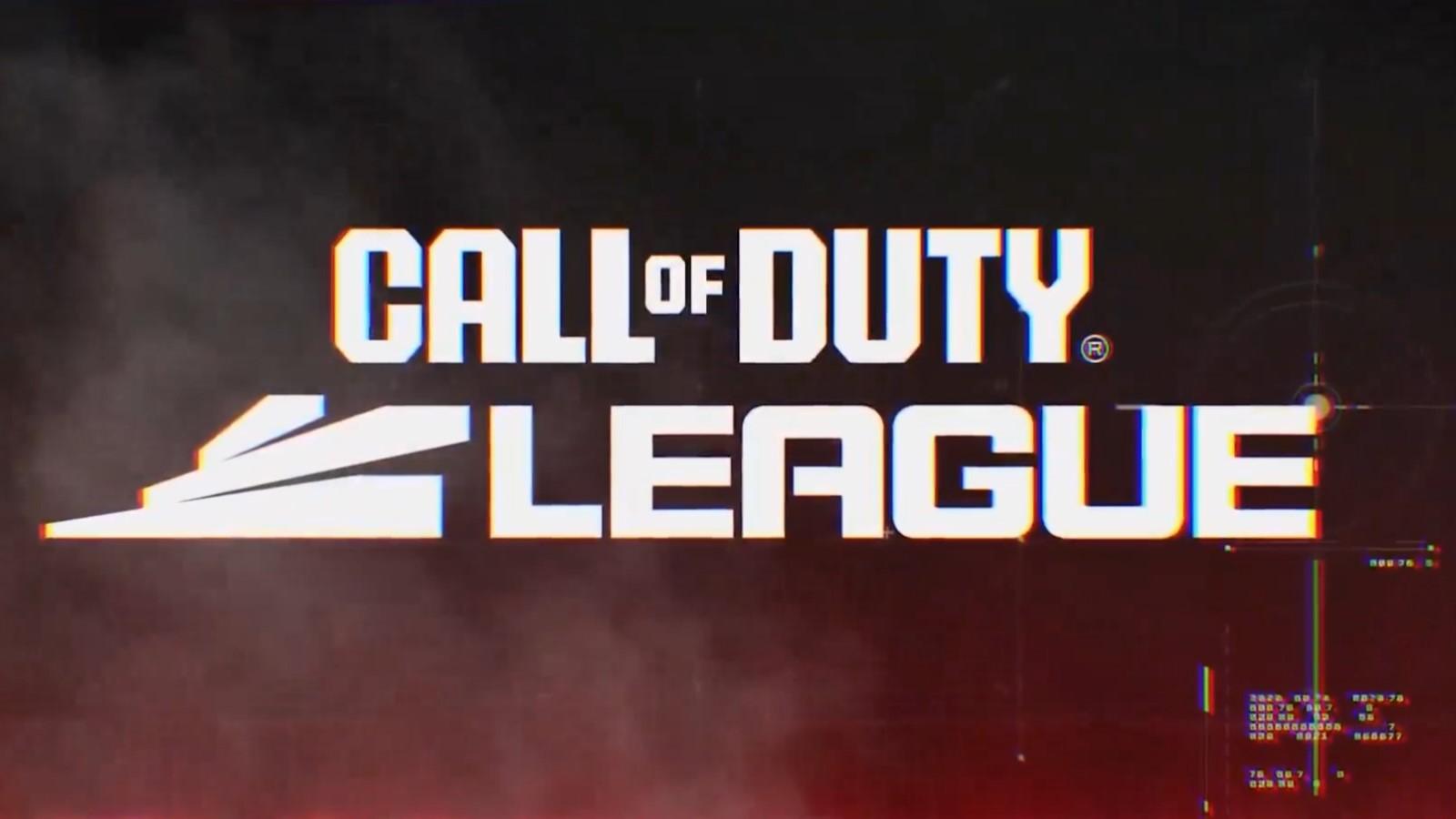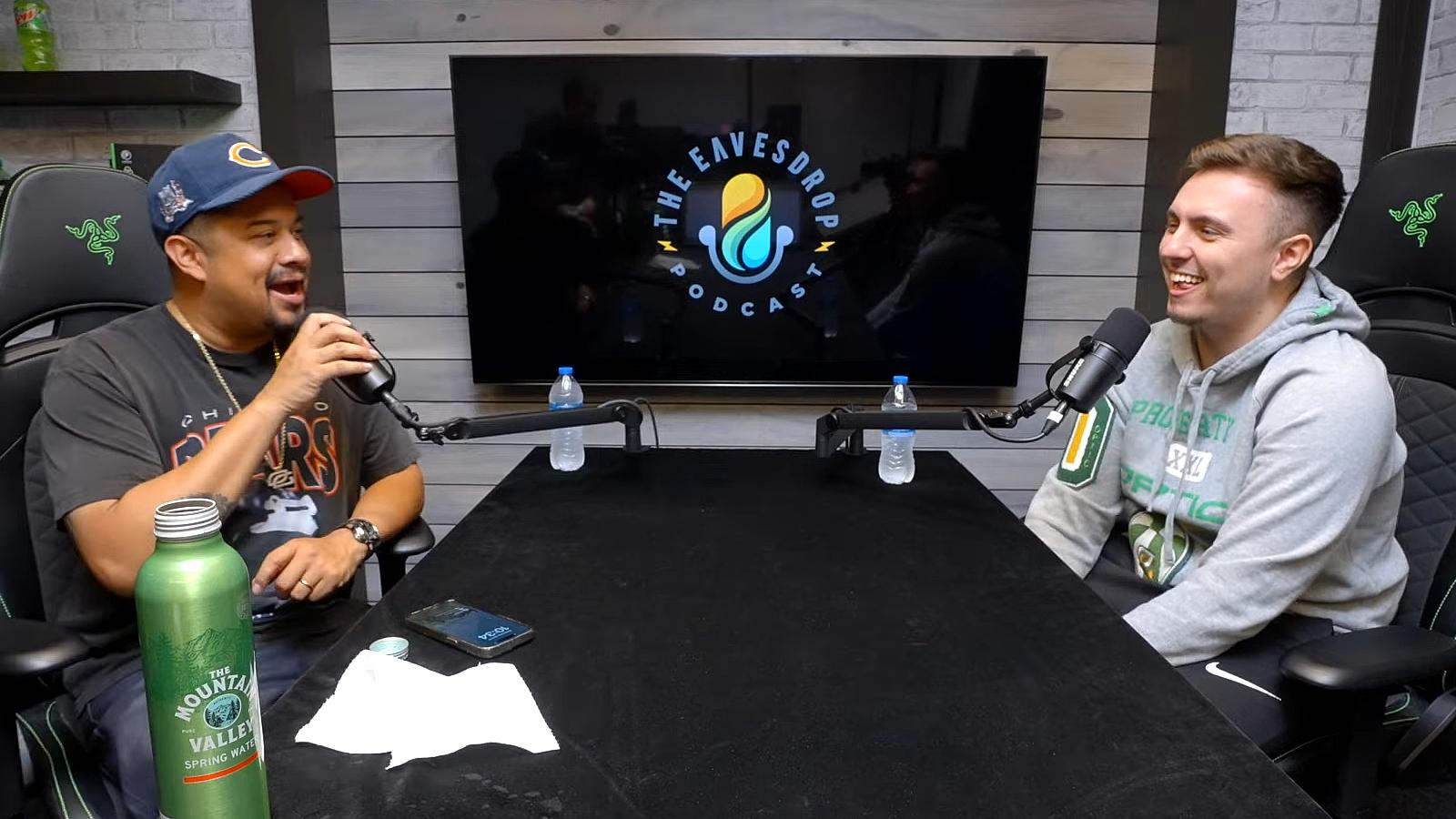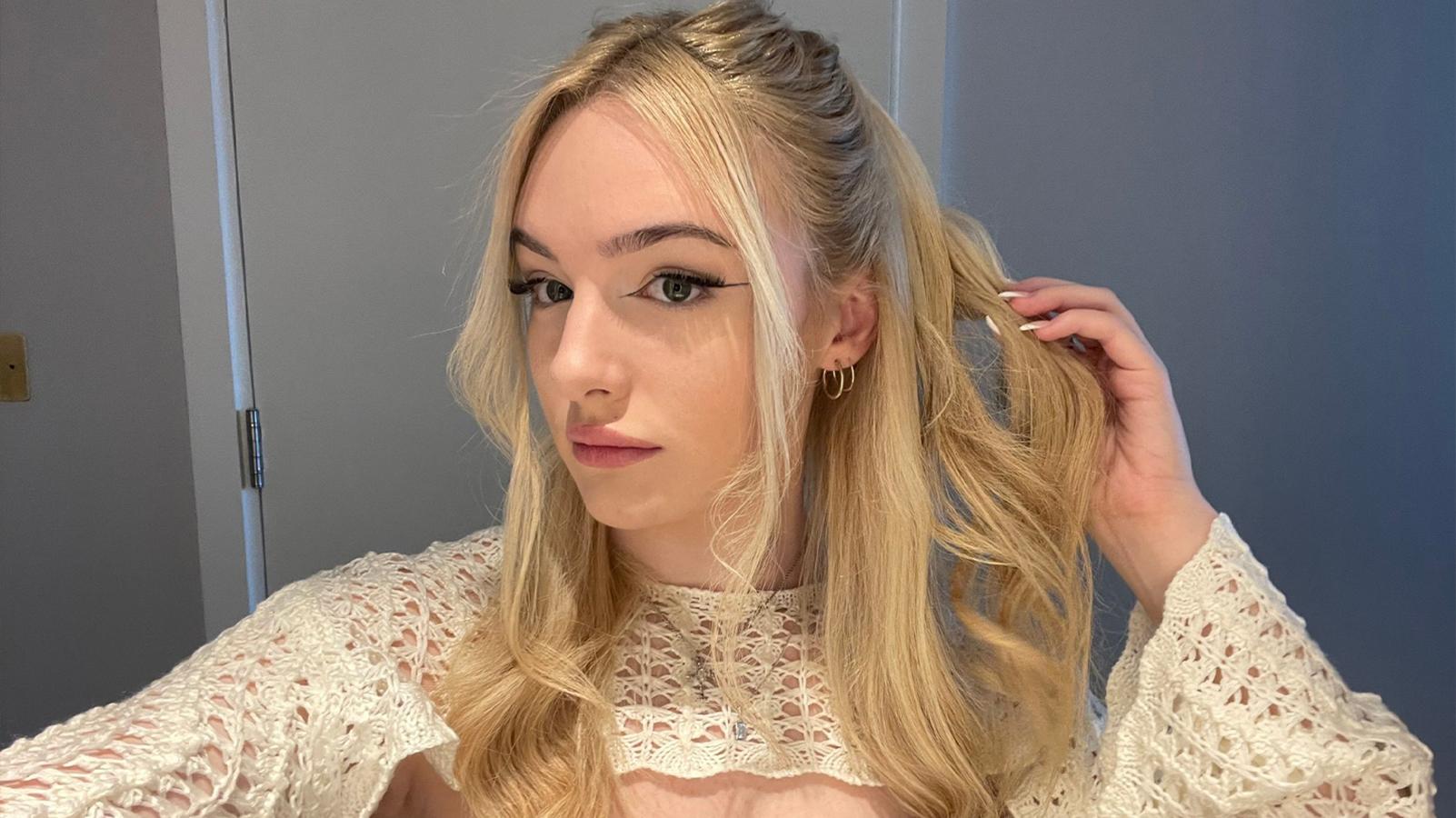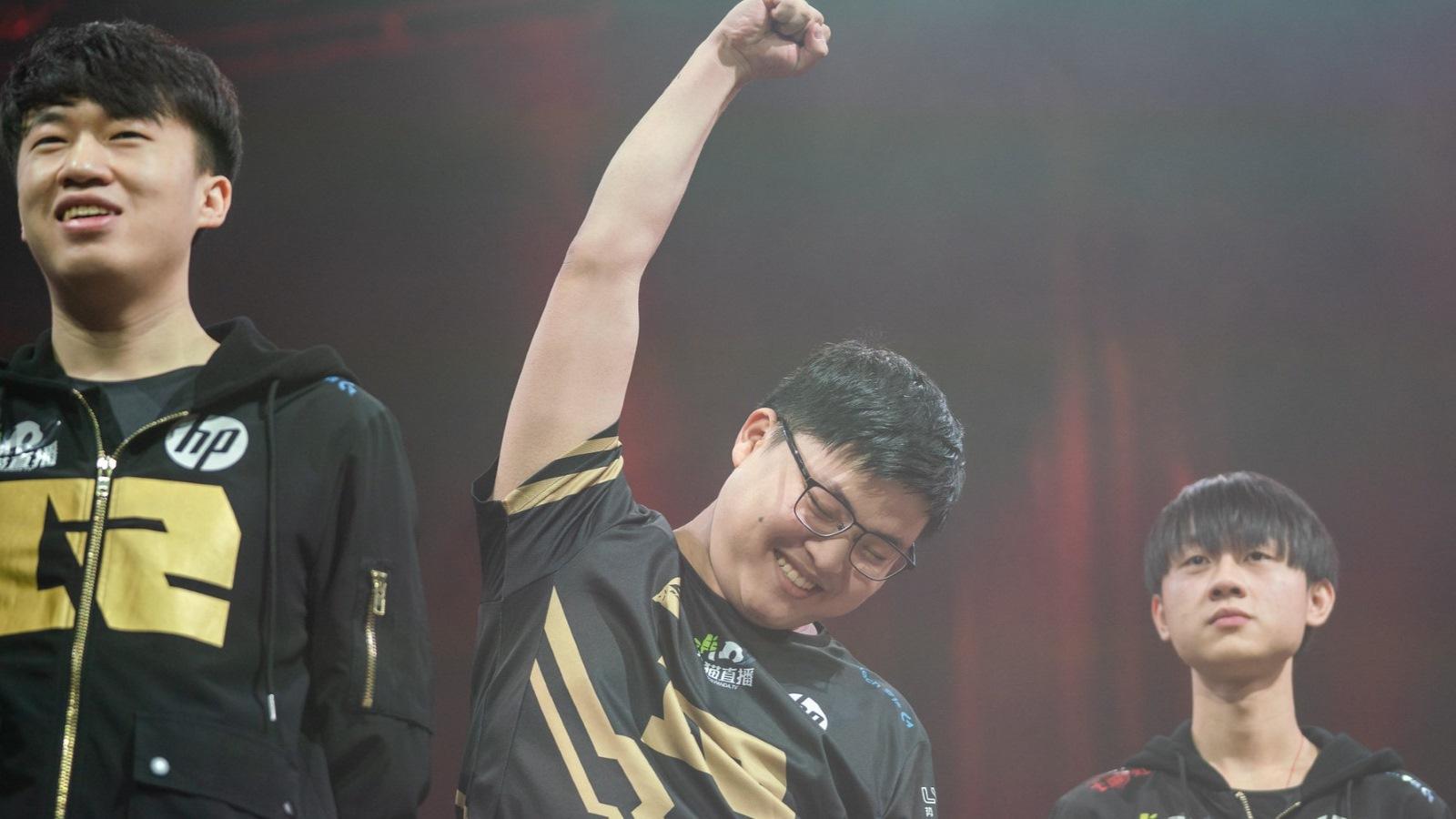Off The GRID: How one company manager exploited commentators to turn a profit
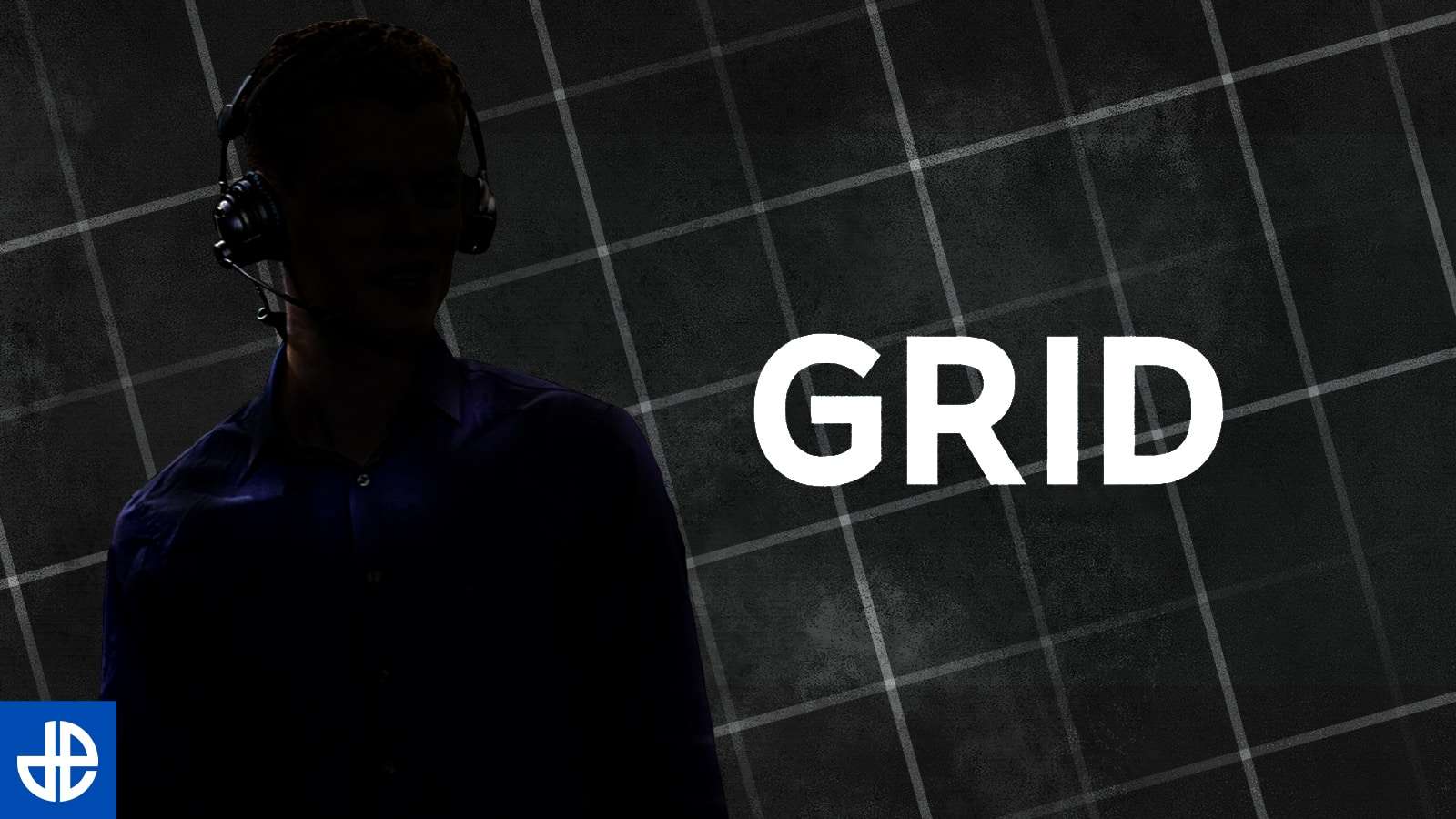
This article was completed with additional research material provided by Darion “Pr0nogo” Paone.
Who wouldn’t want to make it as an esports commentator? Not only does it represent an opportunity to work in an industry you are already committed to but the very best become mini-celebrities, the closest thing to a household name after the competitors themselves. Travel the world, walk out to address crowds of thousands, sign autographs for fans and do interviews with legacy media, all while earning thousands per appearance. Because of the connected nature of the internet and esports communities even if it seems far away it also feels achievable. Those people on your screen were once like you, little more than a nerd with drive and a dream. They had to walk down the same path you’re about to and it doesn’t feel a million miles away, so why not?
The most common pitfalls facing professional players are, by now, well documented. The last few years have seen huge drives to create associations and unions designed to leverage player influence in exchange for better conditions across the industry. What is talked about to a much lesser degree are the issues facing aspiring broadcast talent. Odd when you think about it. They are comprised of the same demographic – young, impressionable adults with a niche interest and desire to turn a hobby into a career. Way down there in the land of first opportunities a whole industry has sprung up that is dependent on exploiting these hopes and most people get away with it. A wave of a hand, some guff about “exposure” and margins then it’s back to business as usual.
The average esports fan doesn’t think too much about the content that is put in front of them in much the same way you don’t think about the chicken nugget you are about to put in your mouth. When they watch a smaller tournament comparisons to the more sizeable and successful ones are only natural. Such comparisons lack the crucial context that the show is often being produced by one person from their bedroom or that the observer — essentially an esports camera operator — is someone being paid a few dollars a day on the understanding one day they might end up talking over the game. Then there are the commentators, names you’ve never heard of, being pelted with insults via way of Twitch chat as they try and hone their craft. If they’re being paid at all it’s a pittance.
 via GRID
via GRIDWhy? Because this is an easy area to make up those margins. They want the opportunity to get noticed so they lack the leverage to push for higher pay. As long as the tournament runs mostly on time and gets the expected number of viewers the sponsors don’t care, so why should the organisers? These tournaments are just one endless audition for aspirants where the prize for doing a good job is you get moved to the front of the queue.
For a brief moment the subject entered the collective consciousness of CS:GO fans. A tournament that had attracted a number of respected teams, called Snow Sweet Snow, was underway. It boasted a $100,000 prize pool and was achieving respectable viewing numbers for a tournament of that size running during the opening matches of the significantly larger ESL Pro League. During an episode of his ELO Heaven podcast, Darion ‘Pr0nogo’ Paone revealed that he has seen the contracts for the commentators during this tournament and that they were being paid as little as €12.5 for single-map matches and €35 for best-of-three series. A Counter-Strike best-of-three series, with timeouts and breaks between maps, can easily take four hours if all three maps are played and with tech issues can run longer. In simple terms, the fees are unacceptably low by industry standards but also by the standards set upon how people value their time. There’s also a public expectation that if you’re a company capable of giving away $100,000 to participating teams that there will also be adequate compensation for the people behind the broadcast.
This contradiction, the size of the prize pool and stature of the teams versus the pay of the commentators, led to a community discussion of whether or not the rates were fair. In the eyes of some, the commentators were lucky to be paid at all for what was essentially a “hobby.” Many presented the average hourly wage from their country, with some pointing out they’d earn considerably less for a day of back-breaking labour. Other people pointed out that such comparisons weren’t necessarily fair as this, after all, was meant to be the entertainment industry. The consensus seemed to settle on that regardless of comparisons the rates were embarrassingly low in the context of the revenue-generating opportunities such tournaments can bring.
What followed would turn a throwaway philosophical conversation into a solidified scandal. Kieran Cullinan, the Talent Manager for the tournament’s data partner, GRID Esports, posted a threat to the Discord server where the broadcast talent congregated. “For anyone sharing SSS (Snow Sweet Snow) payment rates outside of this group, I advise you go and read Section 6.1 of the contract you all signed with us, headed Confidentiality Data Protection. Any further news I hear of this will result in immediate dismissal.”
 Keiran via Pr0nogo Twitter
Keiran via Pr0nogo TwitterThis threat when made public naturally presented all involved with the Snow Sweet Snow branding a new problem. It’s one thing to underpay people for their labour in a freelance market. It’s another to threaten those same freelancers with intimations of legal action and “dismissal” from jobs that only exist on a contract-to-contract basis. The motivation for doing this is totally transparent. If you talk about the derisory rates of pay people might object, sponsors might ask where did all their contribution go if not to pay talent, workers might get together and discuss how they can get better rates. In short, a headache that could eat away at the profits being pocketed by someone else.
It could also be a threat that places them on shaky legal ground. Huthaifa Khan, a software consultant whose career also involves the preparation of contracts for clients, pointed out some issues publicly via Twitter. The contracts signed by the commentators speak to operating under German law and as such “they have no standing to deny workers the ability to discuss their remuneration.” Khan also adds that the clause cited by Cullinan doesn’t even mention pay as something that must be kept confidential, something Khan assumes is to ensure it conforms to German legal precedent on this matter.
Esports fans, like most people, have an inherent sense of fairness and this wasn’t exactly playing out well on social media. The Head of Operations for GRID, Radko Dimitov, sent an internal email to try and quell the understandably upset freelancers.
“Hello Casting Team,
We’d like to apologise for the communication sent out by our Talent Manager on the evening of the 9th March that referred to forbidding the discussion of rates and compensation between yourselves. This was incorrect and should not have been stated in such a way to you all.
We’d like to acknowledge also that the pressure that Kieran was under at that time most likely contributed to his response. This does not excuse the communication in any way, although we feel it necessary to point out that it certainly wouldn’t have made his action in the moment easier.
To be clear, you are free to discuss the rates of your compensation amongst yourselves with no risk to your current working circumstance and employment. The contractual clause mentioned by Keiran does not prohibit you in any way in regard to this matter.
We are very open to engage with you if there are any questions or further concerns on the matter. Again, we apologise sincerely for any distress this may have caused you.”
Sources have also informed Dexerto that Cullinan “will no longer be working in a talent facing capacity” although he will continue to work at GRID Esports.
Let’s cut through the bullshit. Kieran Cullinan represents your classic esports wannabe, light on achievements but in possession of a completely unwarranted ego. His early career, which we will detail, is a laundry list of every two-bit grift conceivable by the unimaginative, the type I have covered extensively in my early career before I graduated to bigger targets. It is no surprise then to see someone with this history throwing his illusory weight around in an attempt to spare his employer’s blushes. His entire esports career will be an insubstantial power fantasy, a lie all too easily perforated by anyone with an iota of experience and cynicism. He is embarrassingly small-time but esports has taught me it is best to check these people early before they fail upwards and their petty power trips become serious abuses.
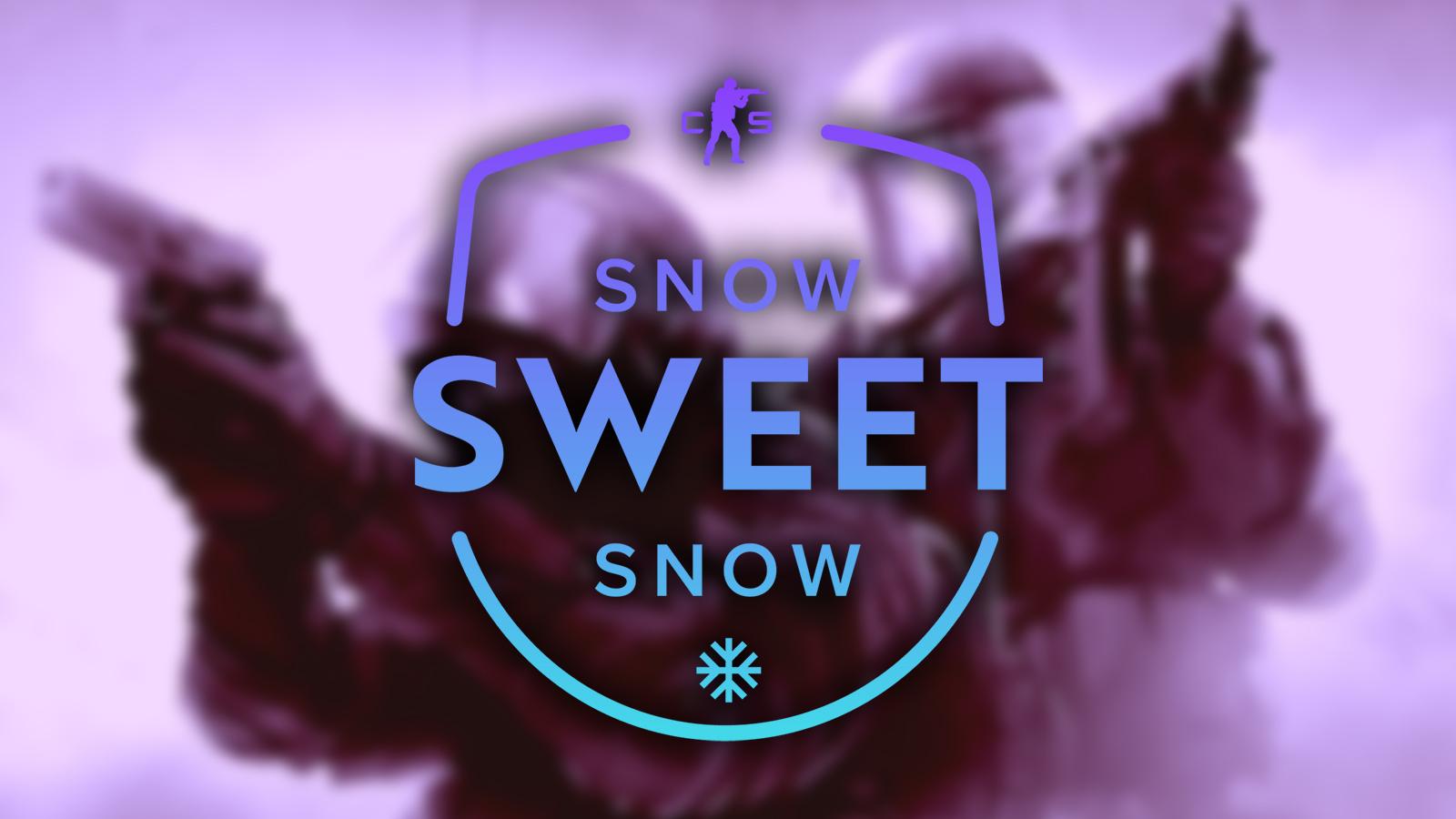 Valve / GRID
Valve / GRIDPrior to being hired by GRID Esports, Cullinan was an aspiring broadcast talent himself but was able to dupe other commentators into thinking he could represent them as an agent. He created an unregistered talent agency and tournament organiser, little more than a Discord server in reality, called Vortex Entertainment. Here he would gather commentators and then would essentially offer their services, along with his own, to other tournament organisers in the esports space. He would negotiate salaries for the shoutcasters and then, unbeknownst to them, take a cut off the top of each of their fees and keep it for himself. This would typically be in the region of €10 per caster per appointment. A fair cut for an agent’s work? Perhaps. An agent should tell you they are taking it though.
One commentator who requested anonymity only found out about the missing money when someone sent them a screenshot from a conversation of Cullinan negotiating on their behalf: “I saw a screenshot of a conversation that said Kieran was taking a fee off the top, found to be 10 Euros… To this day he has not told me about this fee. He also insisted I invoice directly to him rather than the company we commentated for.”
In addition to this, we were shown evidence of the invoice and chatlogs of Cullinan requesting a fee directly from the companies he interacted with.
Sometimes money would just vanish due to incompetence. One commentator affected in this way was Benjamin ‘Protalis’ Hodge-McKenna who had nothing but negative experiences during his time being “represented” by Cullinan. He showed us the receipts.
“Here you can see him offering me 60 Euros per series then deciding to reduce my rate to 50 Euros two days after I have submitted the invoice, which made it look like I was trying to overcharge Relog Media. I just had to accept the pay cut to 50 Euros per best-of-three or I wasn’t getting paid. He (Cullinan) didn’t even apologize for this. He just said ‘my bad.’”
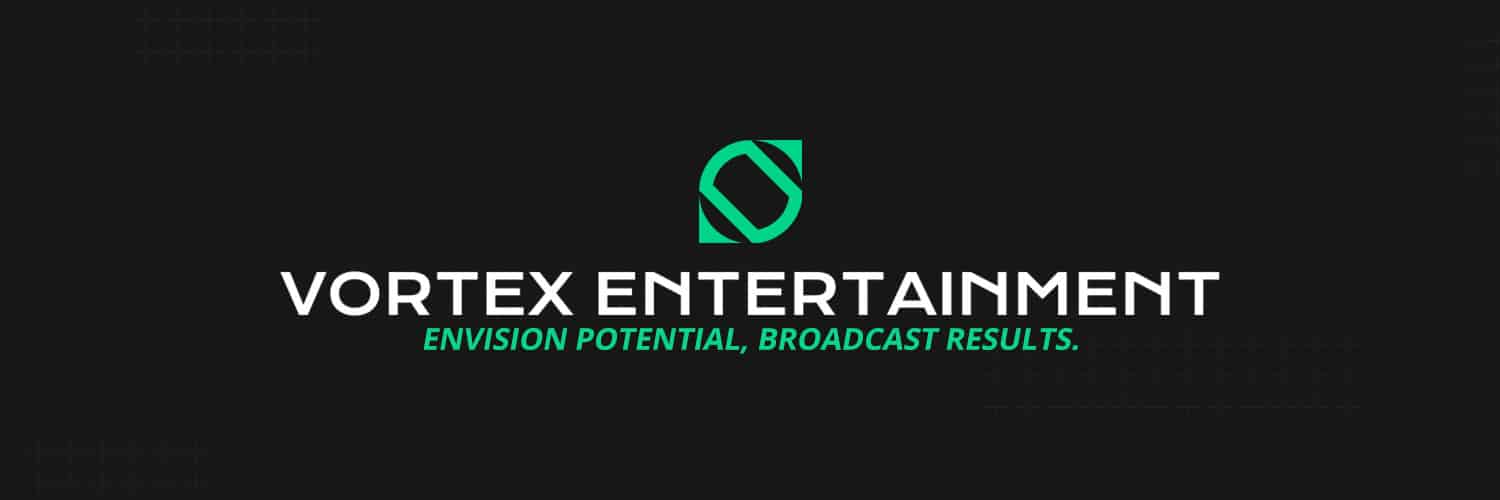 Vortex Entertainment Twitter
Vortex Entertainment TwitterEven when commentators found out about Cullinan’s sticky fingers many just shrugged and accepted it. They had to and this was by design. Cullinan would specifically seek out commentators with little profile who were desperate for paying work because he knew they would be easier to manipulate. When bringing them into the fold he would promise them high profile paid work and also claim to have connections with Liquipedia that could expedite the creation of a biographical page for the broadcast talent, something highly desirable as it is seen as “legitimizing” and can potentially lead to more offers of work.
A typical copy-pasted offer would read something like this: “I’ve seen your casting in and frankly wanted to give you a better offer… I doubt your current deal is paid, we offer $10-$15 per map for any events we run and/or broadcast that have a budget and we pay Ad revenue earned from ESEA MDL matches and anything else from open IPs… We also have great relations with Liquipedia to get commentators listed as well as their own pages much quicker than other casters.”
When asked about this relationship a representative from Liquipedia unequivocally denied it. “Liquipedia is not a marketing platform,” they said. “Editors don’t take relations into account for notability.”
The other scam being run was another one that was relatively typical at this level of commentary. Some tournament organizers offer the GOTV IPs to the general public, meaning anyone can cast them. These are a good way for commentators to get experience and earn a respectable amount of money as, provided they are partnered on Twitch, they can run ads or generate subscriptions and donations for their work. What Cullinan would do is offer an unbelievably small flat fee and tell the commentators that if they do it on the channel he controlled it would get more viewers. Cullinan would then keep the ad revenue for himself. Hodge-Mckenna again expanded on this.
“He’d ask the casters to go out and find any open IP matches and then cover them for his company Vortex. He’d pay you $5 and then earn at least twice that from ad revenue. Plus the channel had a sponsor at that time and he didn’t increase payouts at all.”
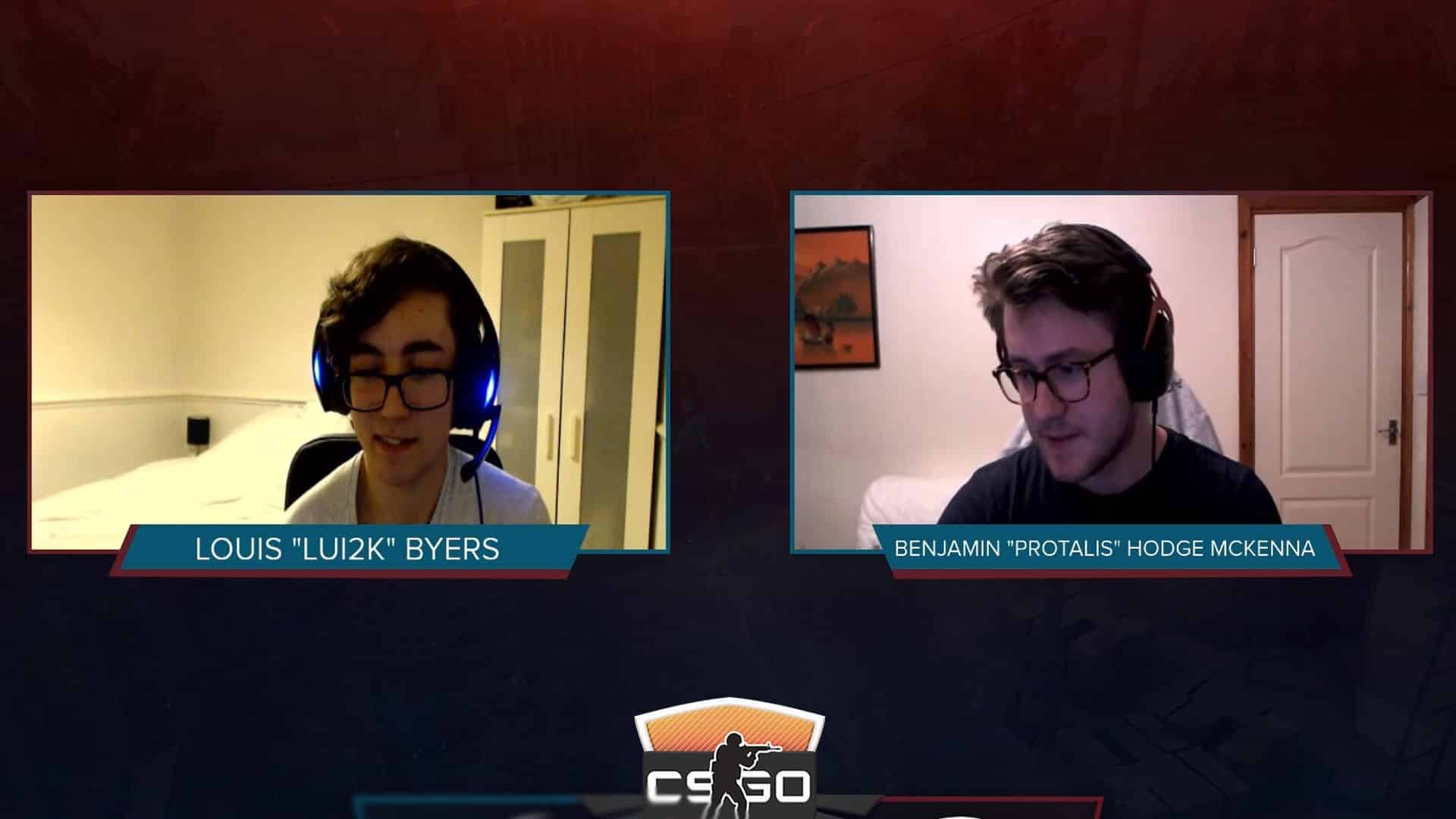 via Twitch
via TwitchThis is a hustle that has been going on for years. In 2017, I was personally responsible for exposing and ending similar practices from a “company” calling itself CSGO Matches who were even going as far as to threaten other commentators for utilising open IP matches. Unsurprisingly Cullinan was in contact with the person behind CSGO Matches for a time, although the Twitter account he used to contact him on was banned due to it being created while he was underage. In esports, these things come in cycles because generally no-one sticks around long enough to remember them.
Nothing good can come of greed combined with incompetence and so it came to pass that Cullinan’s organisation would eventually have their partnership license with ESEA removed, preventing them from broadcasting the Mountain Dew League (now ESEA Premier) matches.
A representative from ESEA at that time cited a plethora of reasons for this decision. “We weren’t happy knowing some details about how he ran his business,” they said. “But we weren’t in a position to boot them fully from the partner program instantly without community backlash so we used the strike process that was in place… His broadcasts would repeatedly not follow our guidelines, wouldn’t provide KPIs for broadcasts within the deadline and even broadcasted over the top of official ESEA coverage multiple times.”
Now, many of you reading this will chalk this down as to naivety or perhaps if you are feeling uncharitable out-and-out stupidity. To that point, I would simply add that Cullinan was no fool when it came to selecting his marks. Almost every commentator he would acquire work for were all in some way financially vulnerable. Even now, with what is almost sure to be the end of his esports career looming, many of the talent we interviewed were worried about the reprisals of speaking out, believing that the parent company might elect to not hire them in future. With the ongoing pandemic still having profound effects on the global economy any paid work right now is a godsend for many. The Snow Sweet Snow tournaments represented a not insignificant pay check for many of those selected.
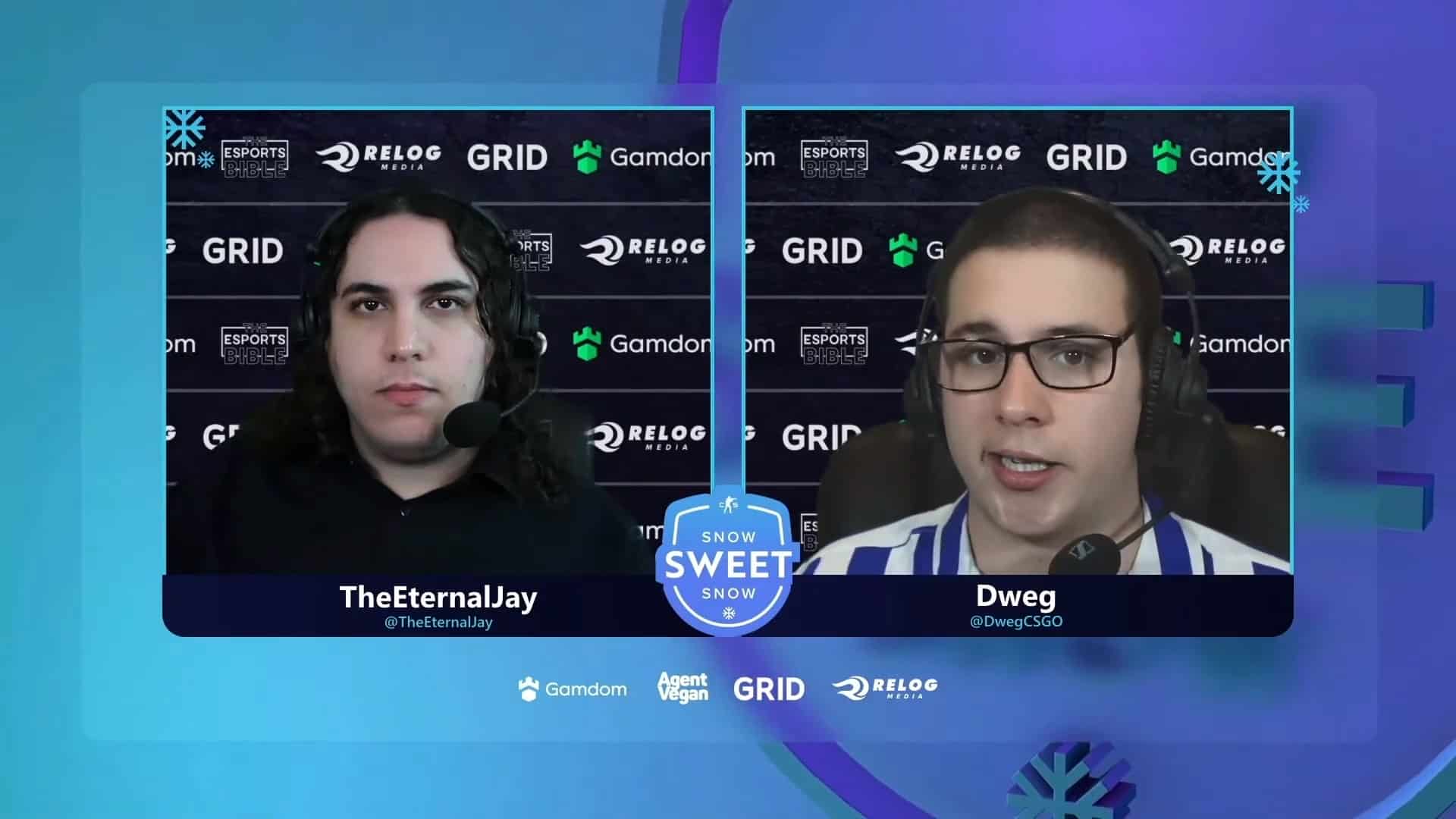 via Snow Sweet Snow
via Snow Sweet Snow“At the end of the day, other than a couple random games, this is the ONLY work I have for the year. I need to pay bills, I need to pay for insurance, pay for my car, pay for everything” one told us.
“It makes me sad that essentially I was picked because I wouldn’t complain about rates rather than because I had potential to be a good caster” another commentator said. “I thought it was a sign that I was making headway in the industry and picking up proper contracted gigs.”
At the time of writing all this up, Cullinan has spent his time attempting to cover his tracks. The Discord servers that served as his base of operations have been deleted. GRID, aware that people are now talking about their Talent Manager’s practices, are awaiting further fallout before making any decisions about the direction they will take.
I’m under no illusions that Kieran will most likely be served up as a sacrifice while the company that enabled him to operate like this will take little of the blame. Too many companies do this in our business. The narrative is that it’s always a rogue employee who was acting outside of the boundaries and no-one was aware of it. What gets lost in the noise is often the fact that they were simply doing what they were instructed to do.
It’s overlooked that not being aware of what your subordinates are doing is a condemnation of your capabilities as management. In this digital world we have built, it’s always the social media manager that is fired for the bad tweet, never the marketing division that sent them the brief outlining what they had to post. And yet it is necessary that this is committed to the public record because in my experience people who behave like this without being checked invariably go on to become more and more abusive the further up the ladder they get.
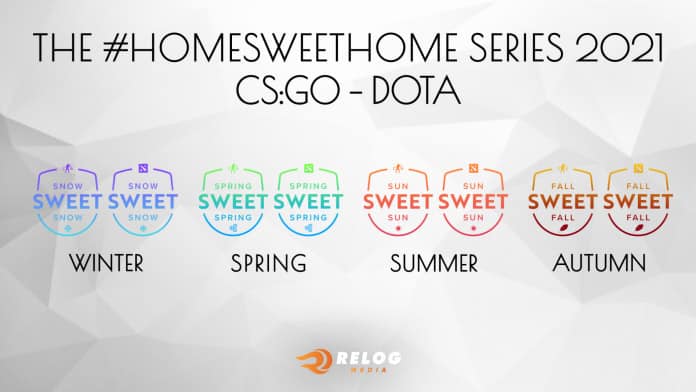 via Relog
via RelogWhat isn’t clear is why Cullinan would be hiring the broadcast talent in the first place. The organisation he is an employee of claim to be a “data platform working with publishers, tournaments and teams to leverage official data assets in esports.” Yet we know they used to own the intellectual property for the Home Sweet Home tournaments despite working with Relog to create those broadcasts. It’s only recently that Relog Media bought the license to that intellectual property from GRID.gg and yet it is still GRID that are responsible for hiring the talent. No doubt there are a few stones worth turning over but that will be a task for another time.
For now, there’s some potential for a few positives. At the time of this going to print, an email has been sent to the broadcast talent from Relog’s COO Marko ‘Baja’ Jovanović promising new negotiations about the payment rates for all involved. Any newly agreed upon amounts will be backdated to March 11th, the day after the completion of the most recent Snow Sweet Snow tournament. There’s also promises for more transparency around why the rates are set at the levels they are. We shall see about that.
This will just have to serve as yet another esports cautionary tale. Understand that if you come into this space without knowing the lay of the land there will be plenty of liars and hustlers waiting in the wings to make money off your efforts, all the while posing as the gatekeeper to the big time that has in actuality eluded them too. If you hitch your hopes of success to these people then you won’t be going anywhere.
